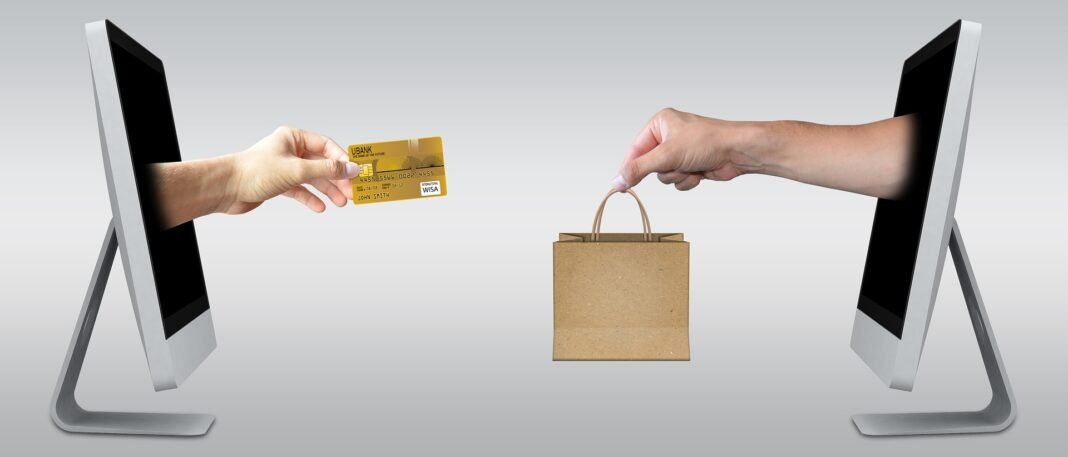Iraq continues to modernize its financial sector with a strong push for digital transformation. The government and private sector now prioritize digital payments in Iraq to close a long-standing financial gap. Less than 20% of Iraq’s population owns a bank account, one of the lowest rates in the region.
Leaders in Iraq have turned to technology. They want to use digital payments in Iraq to promote financial inclusion and grow the economy.
In August, Iraq recorded over two trillion Iraqi dinars in e-payment transactions. This rapid increase reflects the public’s growing trust in digital services.
Fintech companies now partner with local institutions to deliver these services. These partnerships create fast, secure, and user-friendly payment platforms.
By focusing on digital payments in Iraq, officials hope to replace outdated financial systems. Iraq’s current infrastructure still depends on manual processes and limited coverage. Many people still rely on informal networks. These informal systems often lead to inefficiencies and financial instability.
Iraq’s unbanked population lacks access to modern tools like credit, online transfers, and savings accounts. Without these tools, people struggle to manage money safely.
This situation hurts both individuals and small businesses. Entrepreneurs, in particular, need better financial tools to grow their ventures.
Digital platforms allow users to send and receive money with ease. They also support mobile wallets and real-time payments. These features simplify daily transactions for consumers and businesses alike.
In addition, digital payments in Iraq digital finance increases transparency. When users rely on bank-led systems, it reduces the use of unregulated channels. More transparency supports better tax collection and economic planning.
Furthermore, increased financial inclusion boosts consumer spending. With better access to money, people can participate in the formal economy. This improves quality of life and promotes long-term growth.
Iraq’s plan involves expanding mobile payment networks and educating the public. Digital literacy plays a key role in this transformation. The government, banks, and fintech firms must collaborate closely.
With continued effort, digital payments in Iraq will help reshape the nation’s financial future.





